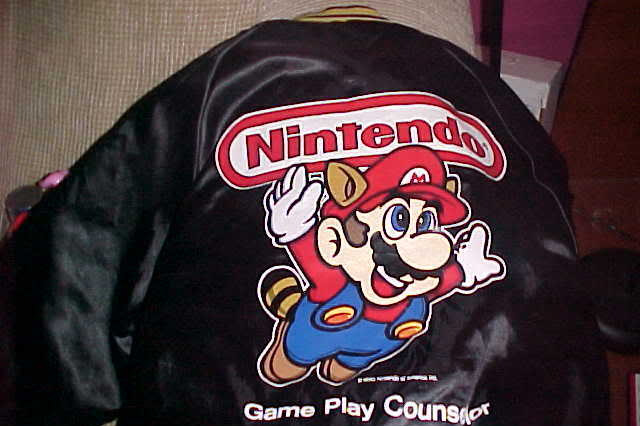
Among other revelations, the feature explains how a group of call center employees transformed into an army of Nintendo experts who were familiar with a majority of popular video games released throughout the ’80s and ’90s.
“It was all bare wood, banquet tables lined up with little 13-inch Sonys and NES [consoles], which all eventually ended up on our desk,” former Nintendo Game Play Counselor Greg Lowder recalls. “NESes laid out, just strung all over. By the way, there was no testing for getting [the job]. It was just literally, ‘You can do this. You know how to play video games. You can walk and chew gum at the same time. Boom, you’re hired.’ For me, at least.”
Though the barrier for entry was low, Game Play Counselors were forced to learn the ins-and-outs of the Nintendo Entertainment System’s library quickly. After training for the position, Counselors would spend their shifts fielding calls from players who found themselves stuck in one of Nintendo’s notoriously difficult 8-bit titles.
“Back then, there was no computers,” former Counselor Caesar Filori said. “We didn’t have our database called the ELMO, which was our crappy 1990 database thing that would have answers to a ton of questions. We had these manuals that were mostly incomplete, so you had all your own notes you were like rifling through to get the answers. And when you’re early on, you don’t know what all the answers are. Eventually, you realize you get all the same questions. There were only 50 or 60 games.”
The A.V. Club’s group of veteran Game Play Counselors cited open-ended adventure games like The Goonies II and Legacy of the Wizard as being particularly difficult to assist players with over the phone.
“We had maps of [Legacy of the Wizard], like screenshot maps, and we could see the whole entire game,” former Counselor Shaun Bloom stated. “It was basically a side shot. But how many rooms were in that? Like 100 rooms?”
Bloom estimates that The Legend of Zelda was “probably our number one call” during the NES era. Players also frequently requested tips for the original Super Mario Bros and Mike Tyson’s Punch-Out, among other games that are now considered classics.


